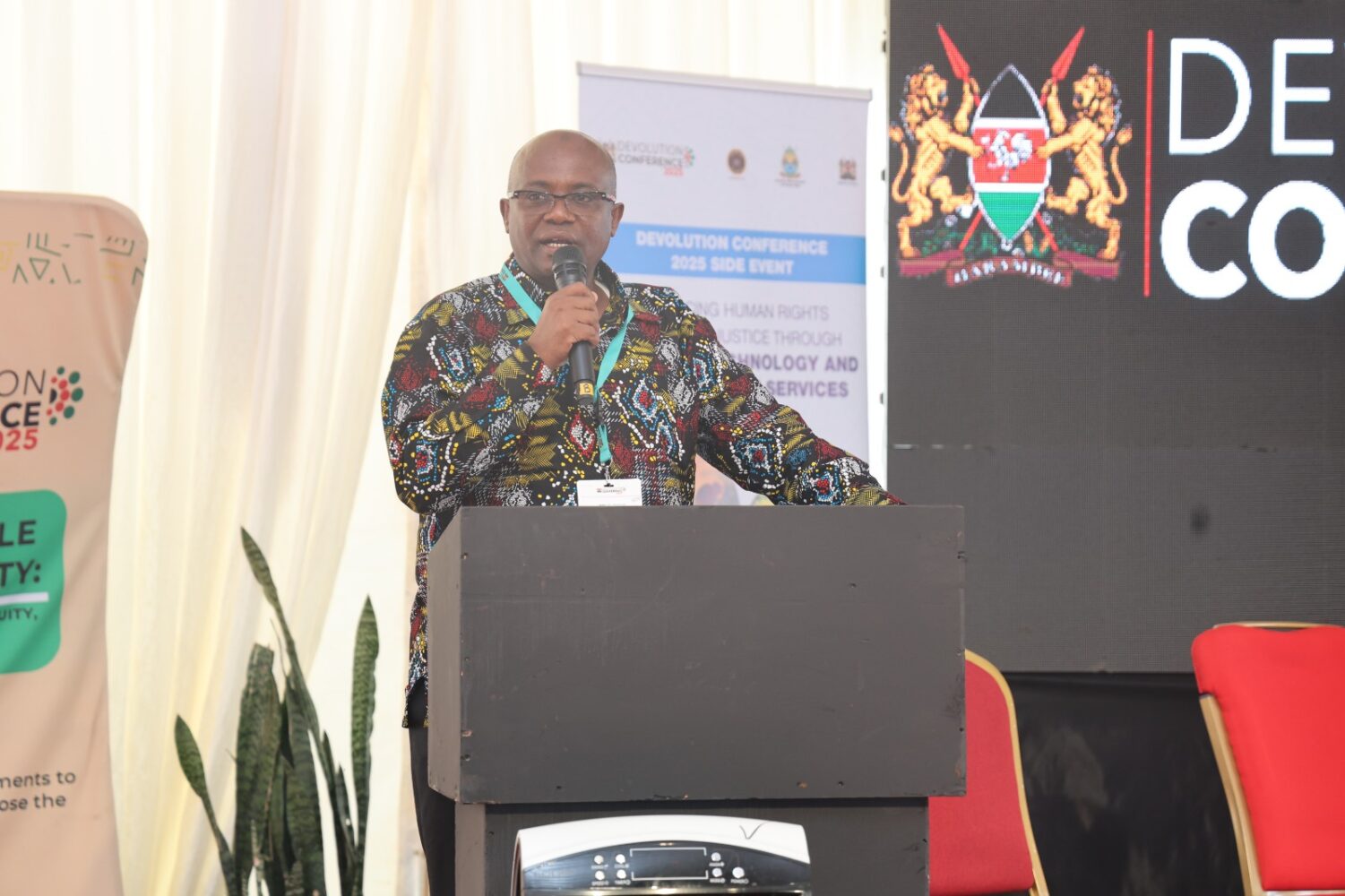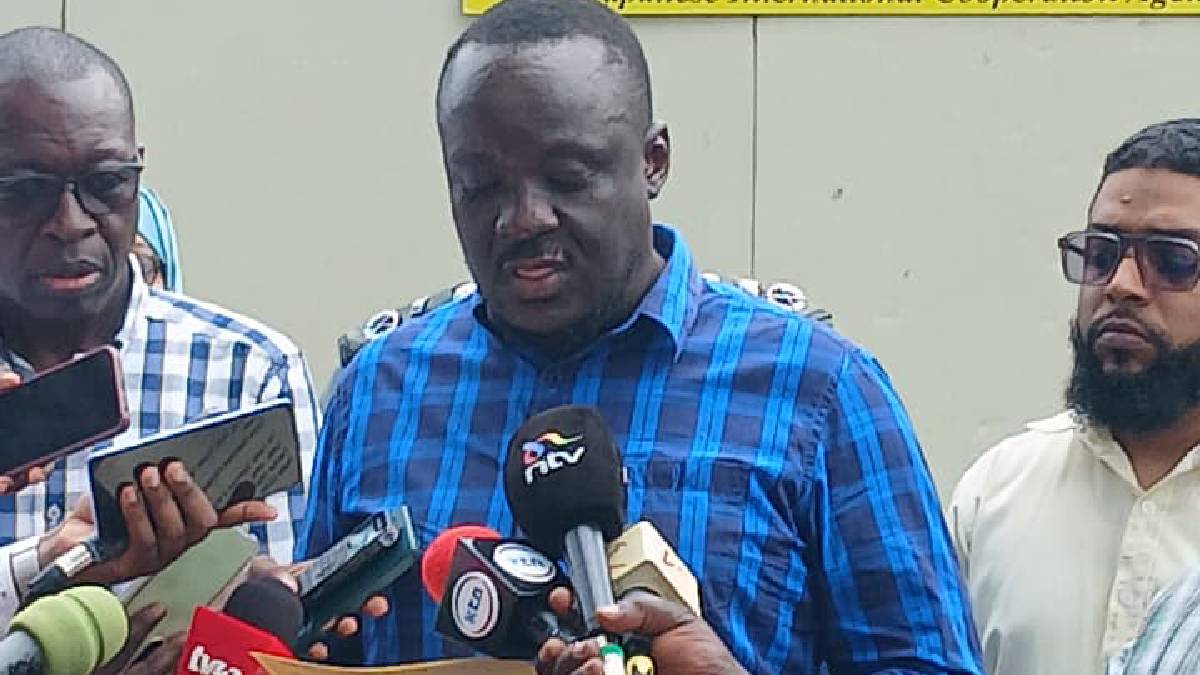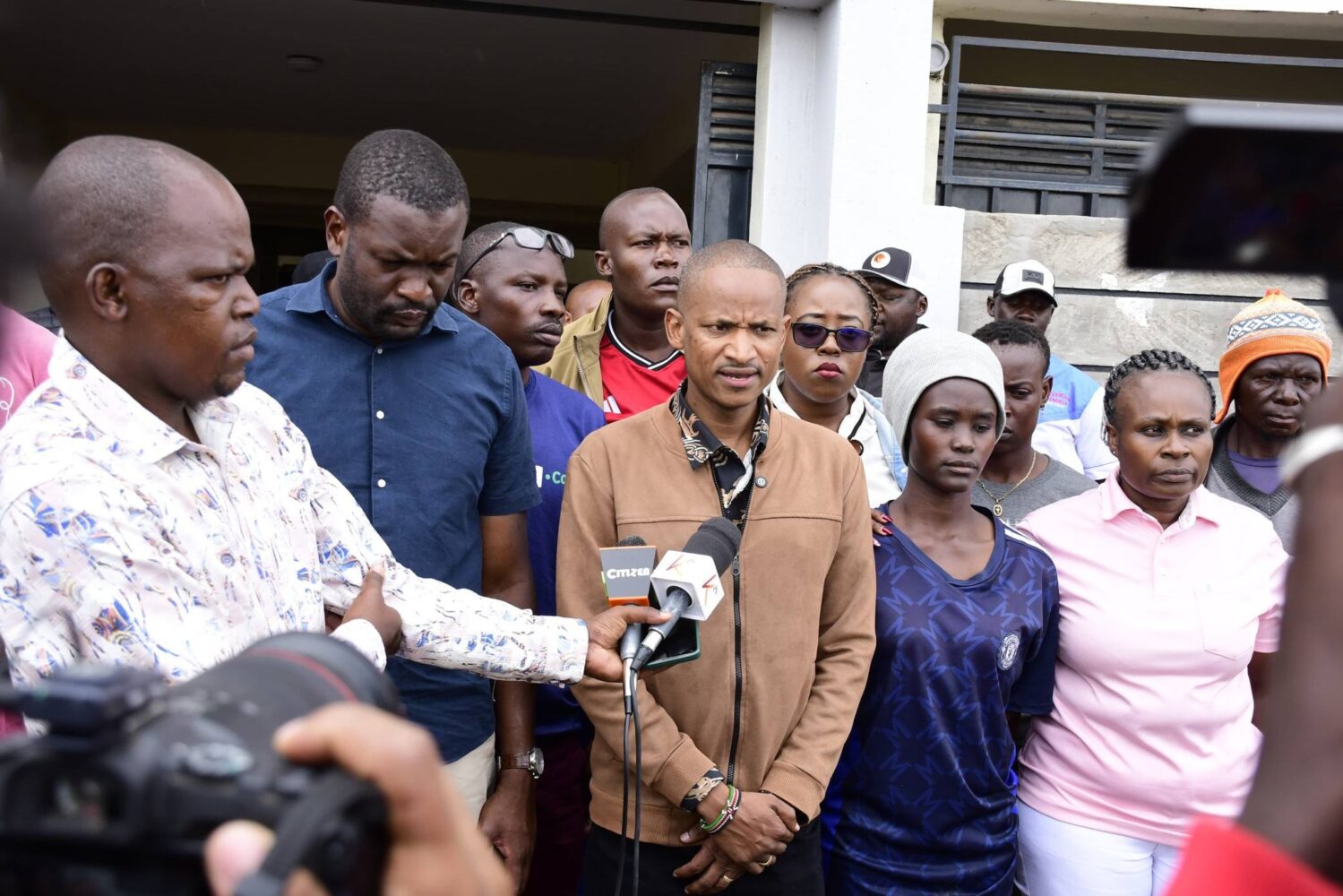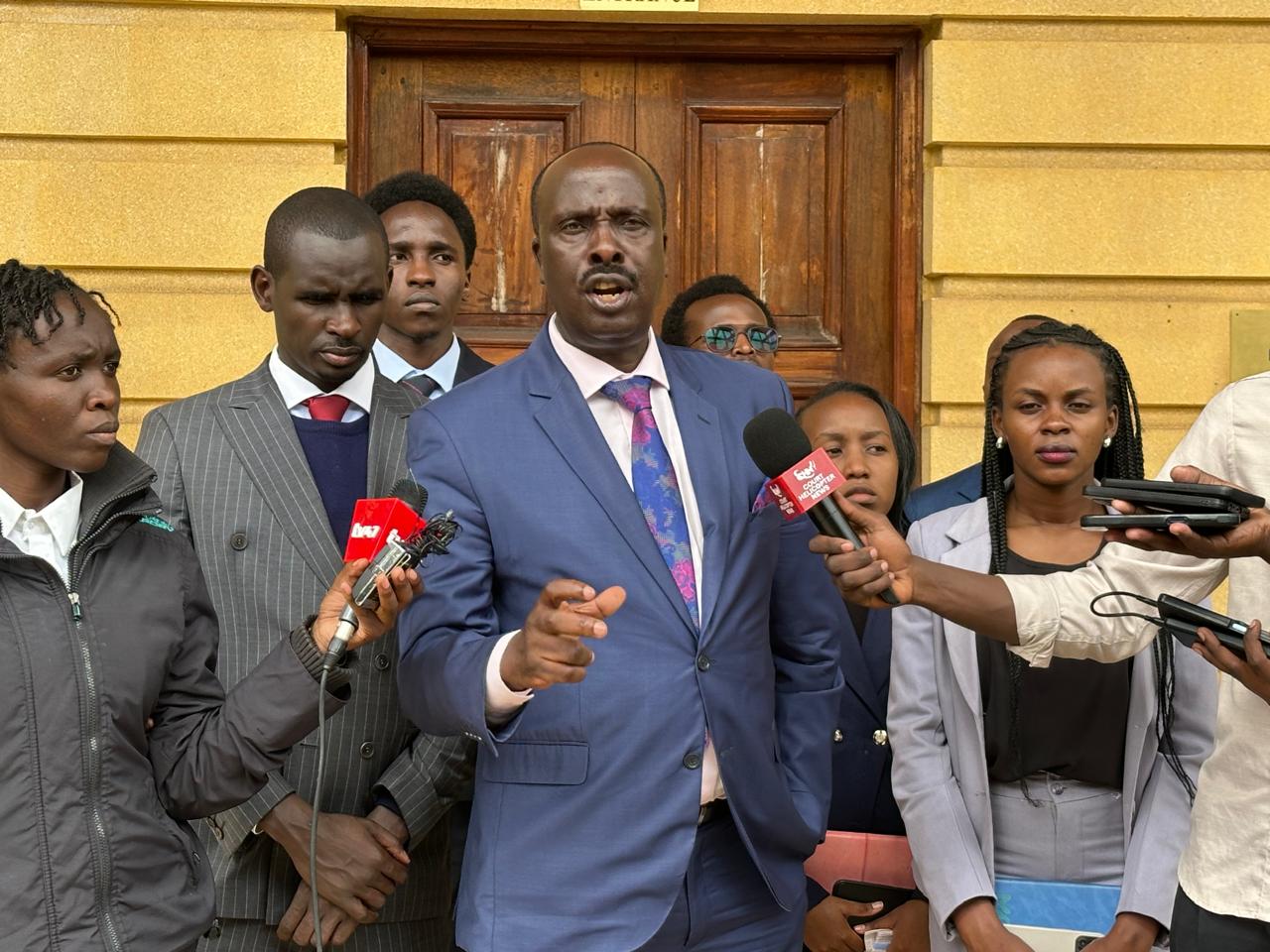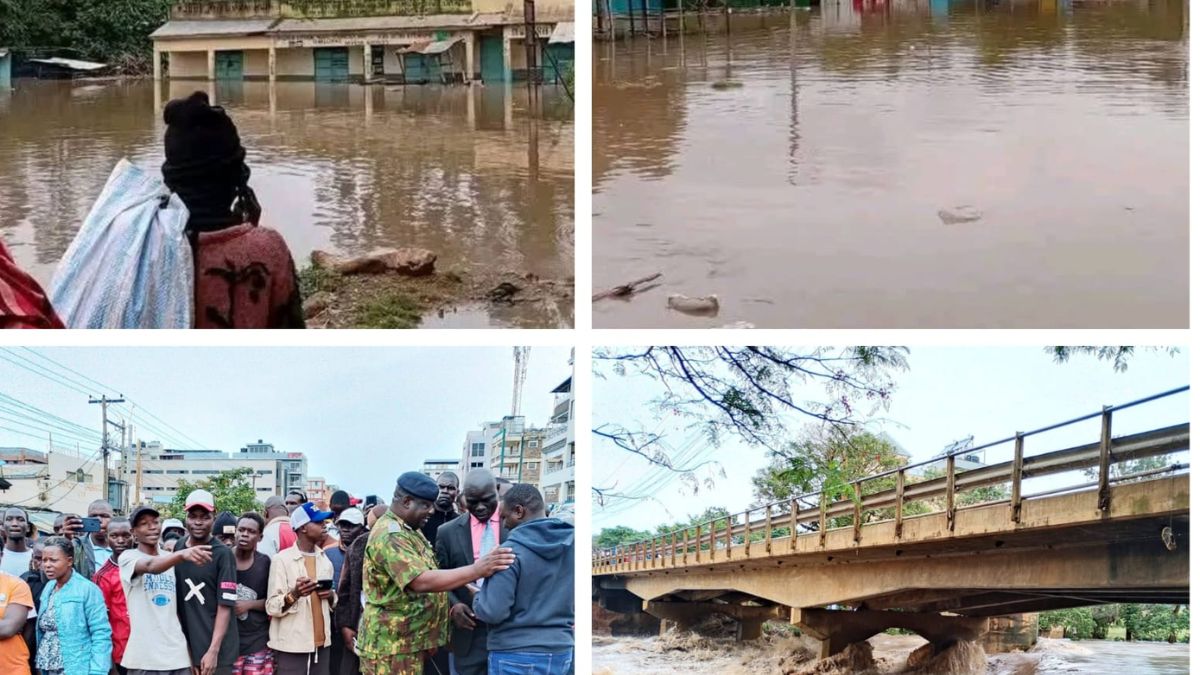Kenya Medical Supplies Authority (KEMSA) has reaffirmed its commitment to anchoring inclusion in the country’s health supply chain by prioritizing access to assistive technology and rehabilitation services.
Speaking at the 2025 Devolution Conference in Homa Bay, under the theme ‘Advancing Human Rights and Social Justice through Assistive Technology and Rehabilitation Services,’ KEMSA CEO Waqo Dulacha said access to assistive devices is a human right.
“The Constitution of Kenya, 2010, the Persons with Disabilities Act, 2025, and the United Nations Convention on the Rights of Persons with Disabilities (UNCRPD) position Assistive Technology (AT) and rehabilitation as a human right,” he said.
“As KEMSA, we recognize that inclusion must be systemic, and that means making AT devices available, affordable, and accessible to all Kenyans who need them.”
Through the global ATscale initiative, KEMSA has played a lead role in shaping the market for assistive products and accelerating access through a more efficient supply chain.
Through partnership with the Ministry of Health, Council of Governors, CHAI, and other partners, KEMSA has standardized specifications for assistive devices strengthened procurement frameworks, integrated assistive products into its Logistics Management Information System (LMIS), and built internal capacity to handle specialized products.
About 300 wheelchairs have been distributed to 12 counties to support persons with mobility challenges. Newborn hearing screening equipment and audiometers have been supplied to regional hubs, enabling nationwide early screening.
Eyeglasses, including custom lenses and ready-to-clip frames, are being procured and distributed through KEMSA’s network, while optical labs and outlets have been supported under a hub-and-spoke model linked to lower-level health facilities.
To ensure sustainability, assistive technologies are now fully integrated into the LMIS, enabling ordering, forecasting, inventory management, and real-time tracking.
“This integration is designed to prevent stock-outs, ensure accurate demand quantification, and promote equitable distribution. Selected staff are also receiving specialized training in assistive technology logistics and management,” Dulacha said.
He further stressed the role of devolution in scaling up access. By working closely with counties, KEMSA is supporting health supply chain teams to respond to local needs and ensure last-mile delivery of devices.
“The ATscale project is not just about products, it is about people,” Dulacha noted, emphasizing its goal of restoring mobility, enhancing communication, improving vision and hearing, and enabling independence and participation for Kenyans with disabilities.
KEMSA called on county governments to prioritize assistive technology in their budgets, adopt standardized specifications and tools, and partner in addressing last-mile gaps.
In closing, Dulacha reaffirmed KEMSA’s commitment to building an inclusive health system, declaring that access to assistive technology is a matter of rights, dignity, and justice.


